A Detailed Guide on Introduction to Data Science in Python
4.9 out of 5 based on 7487 votesLast updated on 19th Jan 2024 7.83K Views
- Bookmark

Explore Data Science in Python: Analyze, visualize, and interpret data using powerful libraries like Pandas, NumPy, and Matplotlib for informed decisions.
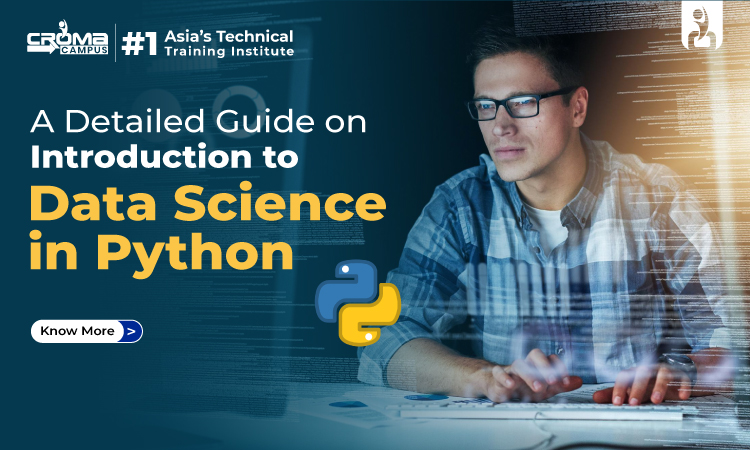
This blog introduces Python as the preferred language for data science due to its readability, versatility, and extensive library support, covering its role, installation, and key libraries.
- Overview
- What is Data Science?
- Importance of Data Science
- Introduction to Data Science in Python
- Why chose Python for Data Science?
- Python Libraries for Data Science
- About Introduction to Data Science in Python Course
- Summary
Overview:
Let's be clear – among all the computer languages, Python is like the superhero. It's one of the most popular ones globally, especially for data science. This tutorial from Croma Campus is your guide to:
- About Data Science and its significance
- Why Python is Important in Data Science?
- Useful Python Tools for Data Science
- Some Real-Life Examples
Ready for a simple journey into data science? This Introduction to Data Science in Python tutorial guide is just what you need to master data science with Python!
Tips: Data Science and Data Analytics both are used in decision-making. Product-based companies use data for multi-function operations. So apart from Data Science, You can check Data Analytics Courses Noida, if you are based in Noida and looking for offline courses.
All About Data Science
What's Data Science?
- Goal: Discover hidden patterns and connections in big chunks of information.
- Process: Makes raw data useful and meaningful.
- Techniques: Includes exploring data, using stats, predicting with math, and advanced analytics.
What Makes Data Science Special:
- Mix of Skills: Blends stats, math, and computer smarts.
- Knowing the Field: Important to grasp the ins and outs of the specific industry or field you're working in.
Why is Data Science Important?
In today's data-driven world, data science plays a crucial role, providing solutions to complex problems and supporting decision-making based on evidence. Its importance lies in:
- Problem Solving:
- Data science helps tackle tricky problems by finding meaningful patterns in large datasets, allowing organizations to make smart decisions.
- Predictive Analytics:
- Using statistical modeling and machine learning, data science predicts future trends, assisting businesses in planning ahead.
- Optimizing Operations:
- Industries use data science to boost efficiency, streamline processes, and find areas for improvement.
- Informed Decision-Making:
- Decision-makers rely on data science for relevant insights, reducing uncertainty and increasing the likelihood of successful choices.
Real-world Impact: Consider these examples to see how data science makes a difference:
- Healthcare:
- Predictive analytics forecasts disease outbreaks, optimizes patient treatment plans, and enhances healthcare delivery.
- Finance:
- Data science helps financial institutions assess risks, detect fraud, and provide personalized financial recommendations.
- E-commerce:
- Online retailers use data science for recommendation systems based on user behavior, improving customer experience and increasing sales.
- Manufacturing:
- Data science predicts maintenance needs, reduces downtime, and optimizes manufacturing production processes.
Note: Python is used in multiple technologies, like full-stack, data analytics, and many more. If you want to build your career in full stack and are looking for a Full Stack Developer in Python Course, do visit Croma Campus
How is it Used in Data Science?
Introduction to Data Science in Python - Reasons for Popularity of Python:
- Simplicity and Readability:
- Python's clean and understandable syntax makes it an excellent choice for data scientists, even those with limited programming experience.
- Rich Ecosystem:
- Python offers a wealth of libraries and frameworks tailored for data science and Machine Learning, such as NumPy, pandas, Matplotlib, and sci-kit-learn. These tools simplify data tasks like manipulation, analysis, and modeling.
- Community Support:
- Python's lively community provides abundant resources, tutorials, and forums, supporting data scientists in their journey.
- Cross-Platform Compatibility:
- Python is versatile, working seamlessly across various operating systems.
- Integration:
- Python easily collaborates with other languages like R and SQL, empowering data scientists to utilize diverse tools as needed.
Other Related Courses in Delhi/NCR:
Data Science Course in Noida
Deep Learning Training in Noida
Why Choose Python for Data Science?
- Readability:
- Python's easy-to-read code is perfect for both beginners and experts. It promotes collaboration and understanding in complex data projects.
- Extensive Libraries:
- Python has powerful libraries like NumPy and Pandas for data manipulation, Matplotlib and Seaborn for visualization, and Scikit-Learn for machine learning. These libraries speed up data science solutions.
- Versatility:
- Python works well with other technologies, letting data scientists use it from data collection to model deployment.
- Machine Learning and Deep Learning:
- Python is the top choice for machine learning and deep learning, with frameworks like TensorFlow and PyTorch supporting data scientists in building and training neural networks.
- Community Support:
- Python has a lively community of developers and data scientists. This support is crucial for problem-solving and staying updated on the latest trends.
- Integration Capabilities:
- Python smoothly integrates with other languages like C and C++, and databases, making it a preferred choice for diverse programming needs.
- Educational Resources:
- Python's popularity has led to a wealth of educational resources, tutorials, and documentation, making it easy for newcomers to join the data science field.
- Industry Adoption:
- Many top tech companies use Python for Data Science and Machine Learning, making it an industry standard.
Note: If you are staying in Noida and looking for Python Coaching in Noida, Do visit Croma Campus and get a free consultation and the best course as per your requirements. We do provide 100% job assistance as well.
Which Python Libraries are Used in Data Science?
NumPy and Pandas:
-
- NumPy: Performs numerical operations with efficient array operations and mathematical functions.
- Pandas: Handles data manipulation and analysis, introducing structures like Series and DataFrame for structured data.
- Matplotlib and Seaborn:
- Matplotlib: A 2D plotting library for creating various visualizations in Python.
- Seaborn: Built on Matplotlib, simplifying statistical data visualization with a focus on simplicity.
- Scikit-Learn:
- Offers machine learning tools for classification, regression, clustering, and model selection, with a consistent API for various tasks.
- TensorFlow and PyTorch:
- TensorFlow: Open-source for building and training deep learning models, supporting traditional Machine Learning and Deep Learning.
- PyTorch: Known for flexibility, with dynamic computation graphs and strong support for research-oriented tasks.
Next Steps:
Once you are sure of importance of data science and Python and how are they used together. The next step is to master these skills to start a impeccable career in data science. You may join Introduction to Data Science in Python Course from Croma Campus and become a successful data scientist.
You May Also Read:
Python Programming for Beginners
Python Interview Questions and Answers
Data Science Interview Questions and Answers
About Introduction to Data Science in Python Course:
The "Introduction to Data Science in Python" course is tailored for beginners, offering a foundational understanding of data science using Python. Covering key topics such as data manipulation and visualization, the course provides hands-on learning experiences. Also, the course will explain how python and data science can be used together and top python libraries for data science.
Before any further ado, let us start a wise step and join Data Science Course with expert IT training company today!
Relevant Data Science Online Courses:
Full Stack Data Science Course
Python Course for Data Science
Machine Learning Online Classes
Azure Machine Learning Certification
Subscribe For Free Demo
Free Demo for Corporate & Online Trainings.
.webp)
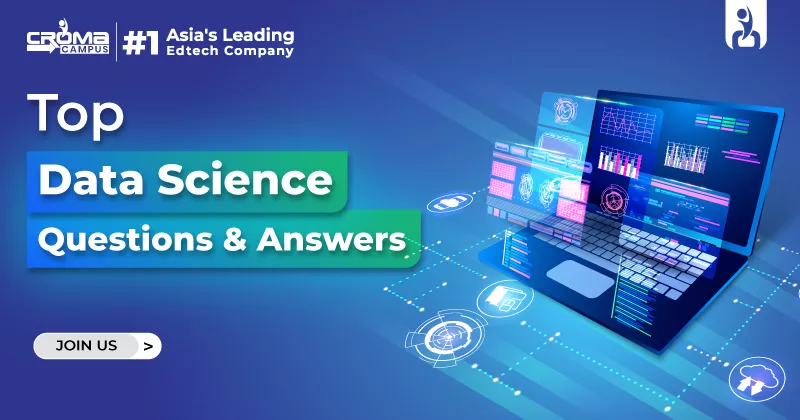
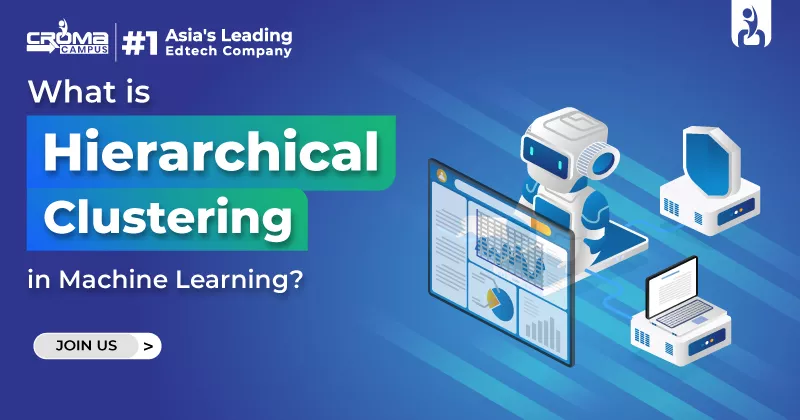

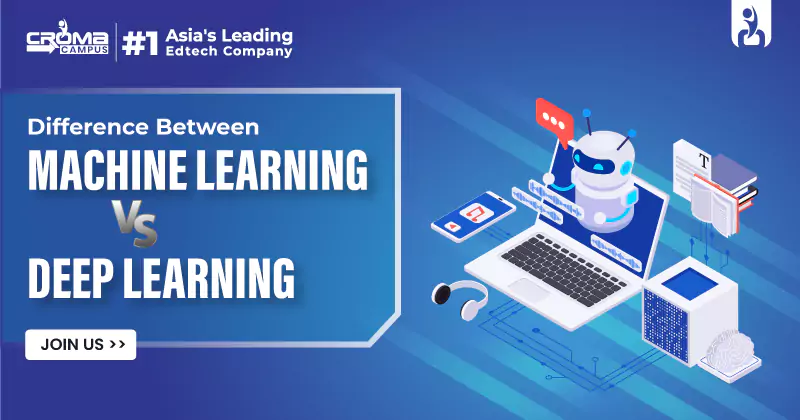
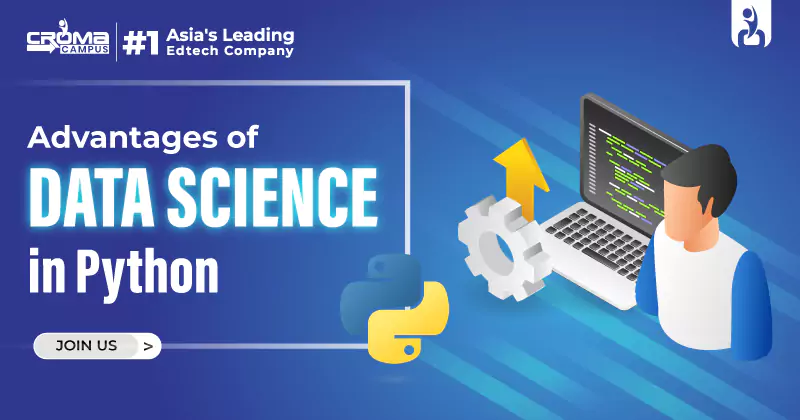
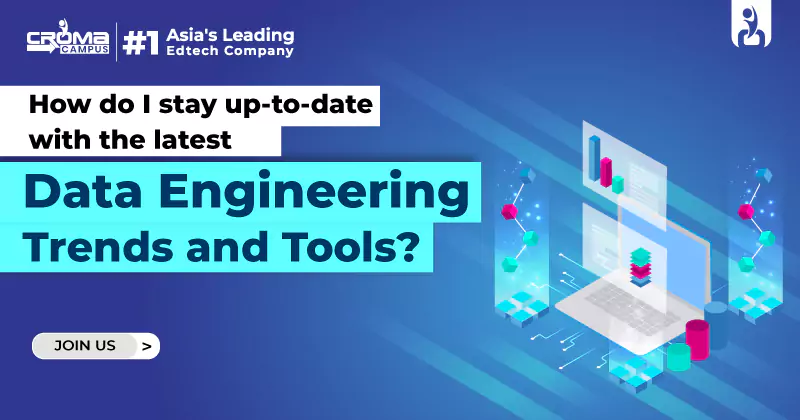
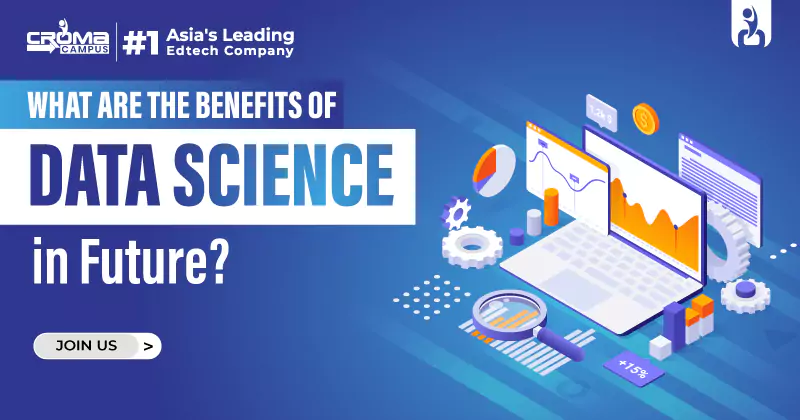
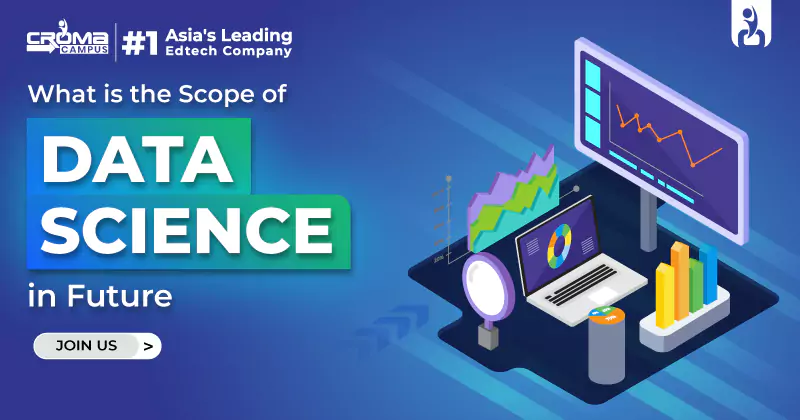
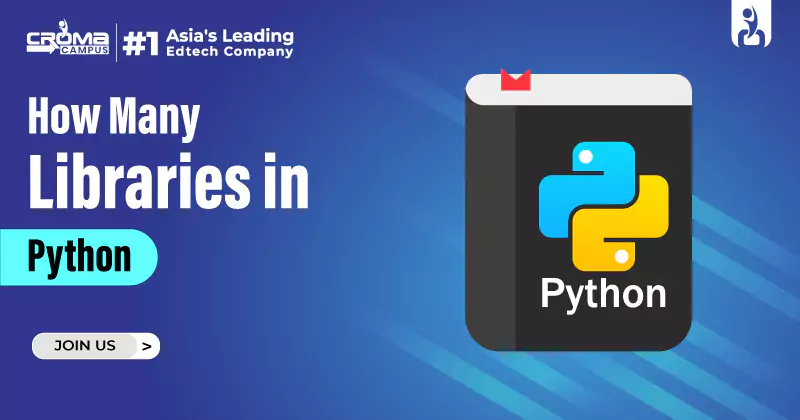
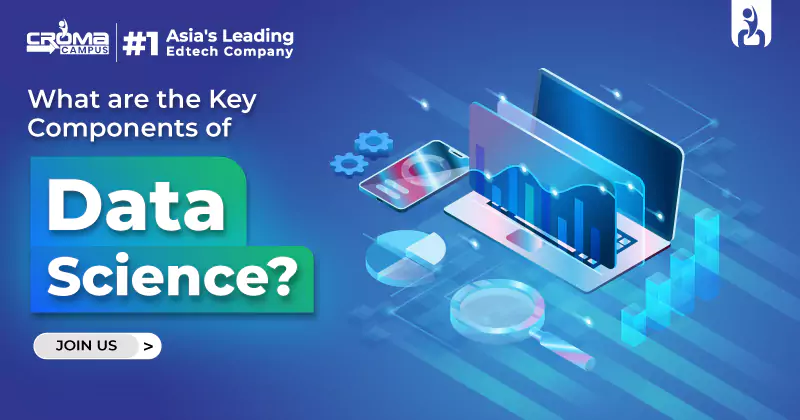
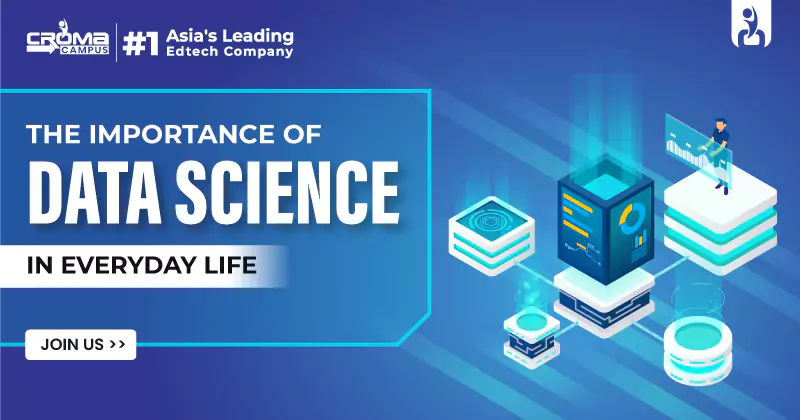













.webp)
.webp)

.png)















